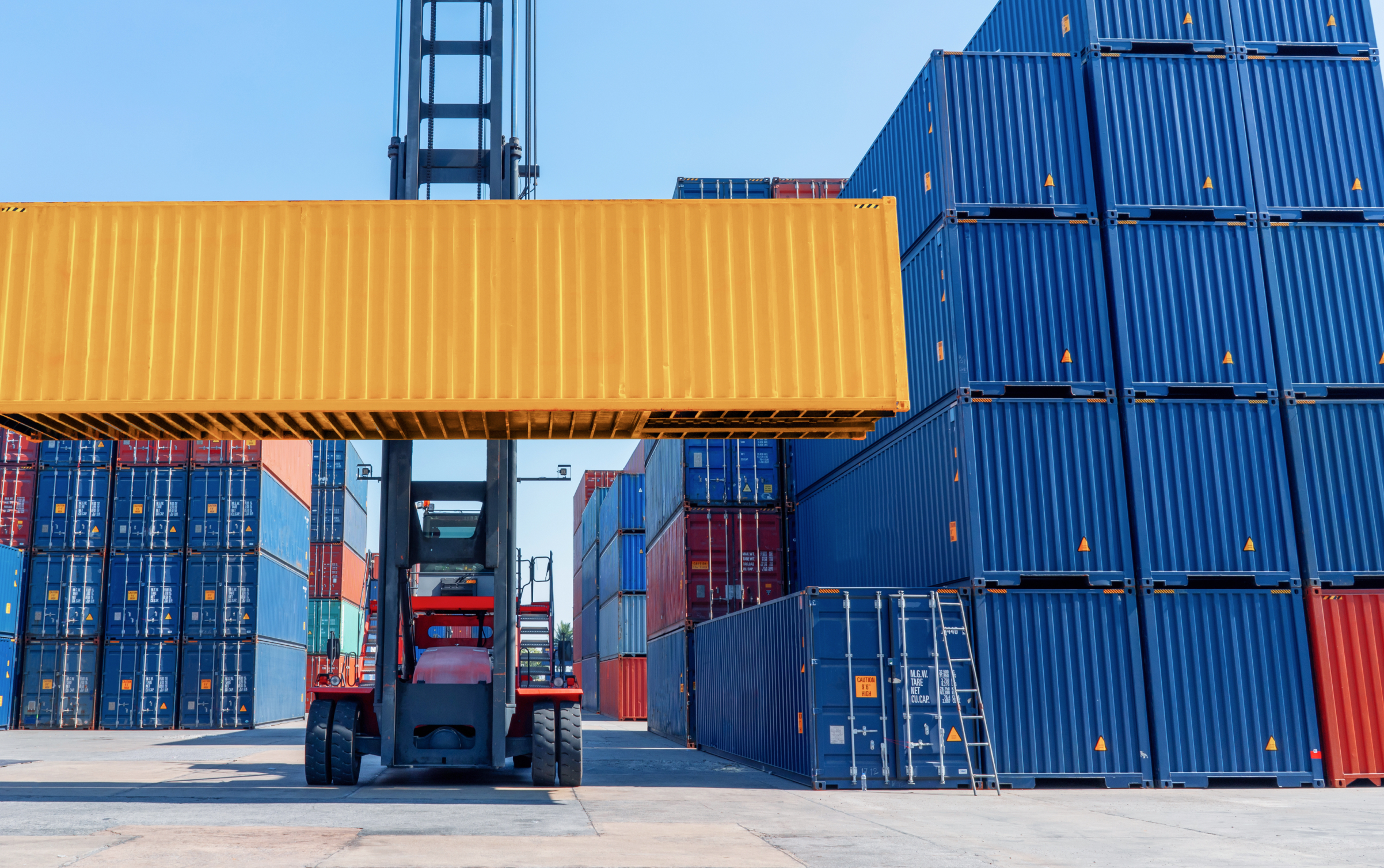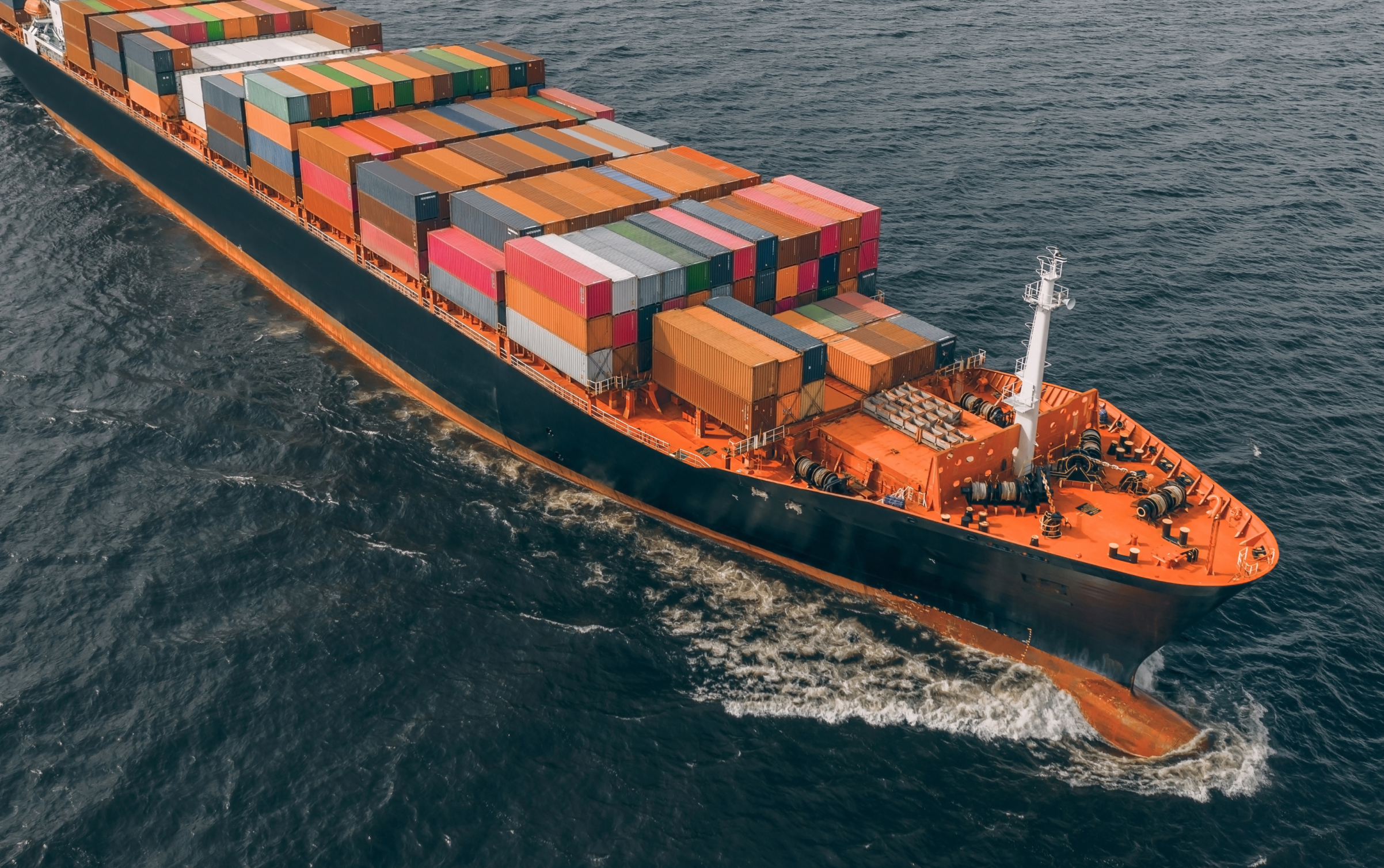Advantages of LCL Shipping for Small-Medium Enterprises

SMEs, the vital backbone of the economy, can't afford to be left behind in the global market. This is where the LCL shipping strategy steps in, playing a crucial role in their business decisions. Through less-than-container load (LCL) shipping, more SME businesses and supply chains can explore international markets, import, and export in small quantities, ensuring their relevance and access to a diverse customer base.
In this article, we will explore the benefits of international shipping and why it is so critical to the success of small-medium enterprises or supply chains.
1. Cost Effectiveness
LCL shipments are a financial boon for SMEs, as they only have to pay for their cargo's space in the container. This cost-effective approach, in contrast to paying for the entire container space when they do not have the volumes, not only reduces the cost of shipping but also allows shippers to cut down on the cost of holding inventory. Palletized cargo also helps freight forwarders maximize space utilization for shippers, Particularly those favoring Ocean shipping.
By always shipping smaller volumes as demanded in the market, SMEs can feel secure and confident in their cost management, with no unnecessary spending on insurance, security, and storage. Reduced costs in moving and storing inventory also mean improved cash flow for SMEs and supply chains. Which is money they can channel into other aspects of the business and supply chain management.
2. Flexibility
The world is now a global village, and fortunately for businesses and their supply chains (especially SMEs), they can share their goods with the entire world. They can leverage LCL logistics to fulfil multiple orders across multiple countries with ease.
For instance, today, there are customers buying from international e-commerce platforms such as Alibaba and Amazon, shipping goods to the ends of the earth. More SME supply chains are also taking action, and with LCL shipment, they can ship smaller packages across multiple countries. Imagine using the FCL shipping for a pair of shoes. It could go a long way to impair the reach of these businesses.
3. Exploration of Global Markets
Small and medium businesses now have an easier time exploring new markets across the globe. For instance, small businesses leveraging social media can reach customers from anywhere.
Now, they can take customer orders and send packages worldwide by leveraging the LCL logistics operation. For much more structured businesses that wish to explore new markets with a more solid presence, they can leverage LCL shipping to send in smaller shipments into the new market, test the reception, and if the reception is great, the business can improve activities in the new market. It will be difficult to achieve this shipping FCL.
4. Faster Delivery Potential
Generally speaking, transporting LCL freight is slower because of the consolidation and deconsolidation processes, which are typically very slow and time-consuming, taking days and weeks in many cases. However, LCL cargo transportation solutions, such as Silq’s Nhava-Sheva to New York shipping route, offer shippers much more speed throughout the entire operation.
With a streamlined Nhava-Sheva to New York shipping route, shippers on both sides of the shipping route can explore better conditions and reach their customers in record time. The new Silq's direct LCL cargo service from Nhava Sheva to New York transit time is 33 days. That is against the average shipping time of 37 days using indirect routings.
5. Environmental Sustainability
By sharing container space, shippers are able to optimize container usage, potentially reducing the number of shipments and the overall environmental impact. Imagine each shipper leveraging the FCL shipping solution for LCL shipments.
The waste would be astronomical, no doubt. But it will also significantly impact the environment. With LCL freight, the consolidation allows multiple shippers to come together and use one container load rather than each having their own. The emissions are reduced, and shippers also save significantly more.
6. Reduced Risk During Transit
LCL shipping allows more supply chains to reduce their risk and exposure. By shipping in smaller volumes when needed, the supply chain is able to protect the cargo from risks such as the following:
- Financial risk: Lowering upfront costs and enhancing the ability to test new markets with smaller quantities minimize financial risk.
- Damage: Less handling and potential for dedicated space within the container can reduce the risk of damage compared to FCL.
- Delays: Faster consolidation can sometimes lead to quicker delivery times than waiting for a full FCL container.
7. Access To Freight Forwarding Expertise
Shipping can be a nightmare for businesses and their supply chains, especially when they go at it alone. SMEs can leverage the services of a freight forwarding platform like Silq, which leverages expertise, experience, relationships, and ample resources (including technology solutions) to streamline the entire shipping process, from the factory to the container freight station, and then to the destination of the cargo, anywhere in the world.
A freight forwarder like Silq is adequately equipped to handle and optimize the consolidation, documentation, customs clearance, and other necessary logistical process throughout the shipping operation, reducing the burden on the SME shippers.
Leveraging The Benefits of LCL Shipping With Silq
Silq's LCL shipping solution is tailored for growing businesses with diverse suppliers. Thanks to factory inspections, it maximizes capital efficiency with regulated goods flow and predictable shipping schedules. Enhanced inventory management uses advanced algorithms for accurate delivery estimates, offering refunds on Silq fees for late shipments. Consistent sailing schedules are ensured through pre-negotiated contracts, while personalized task workflows and advanced technology prevent errors. Get Started.
Ready for Supply Chain Predictability?
Importers using Silq ship smarter, safer, and with total control.







